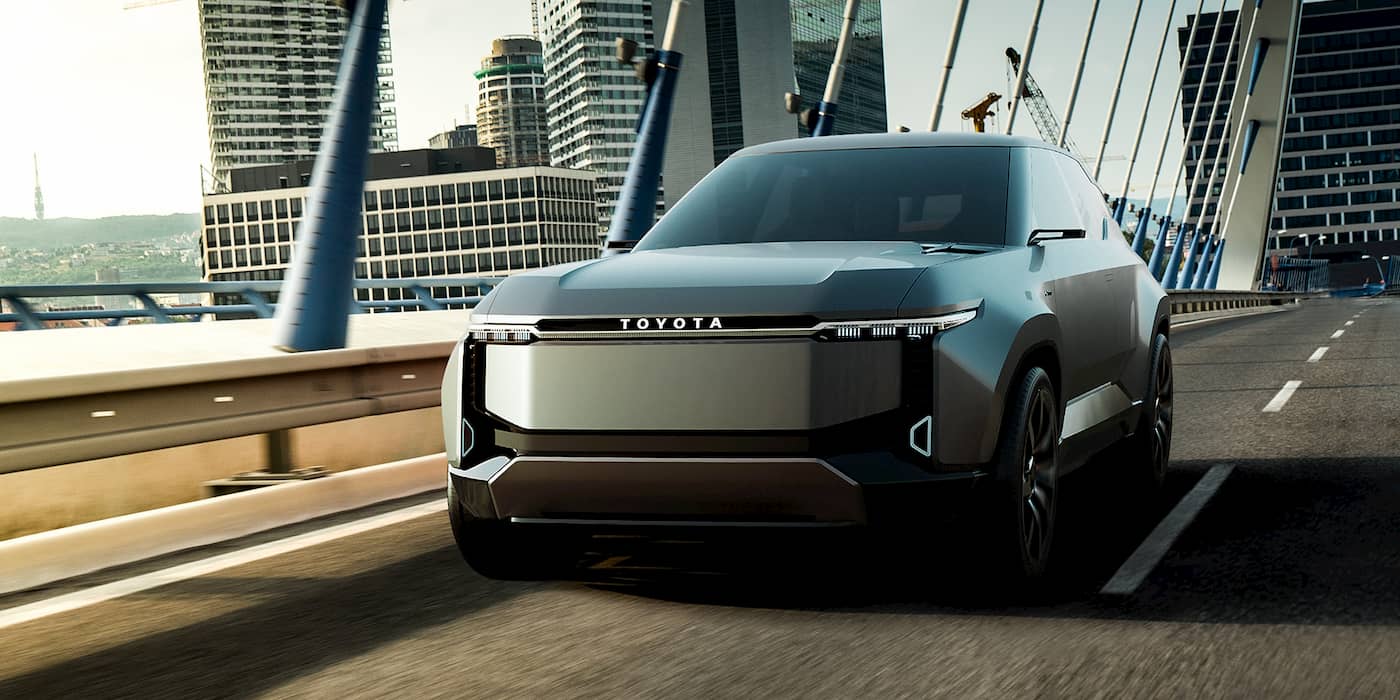
Toyota and Nissan are amongst a number of Japanese firms that may make investments $7 billion (1 trillion yen) to spice up the nation’s EV battery output. The Japanese authorities will assist because it goals to ascertain a home provide chain whereas transferring away from China and South Korea, which at present dominate the market.
Japan has been seen as one of many greatest laggards because the business shifts to all-electric. Gross sales of home EVs fell 39% within the first half of the 12 months.
In response to the Japan Gentle Motor Car and Bike Affiliation, home passenger EV gross sales totaled 29,282 via June 2024, down 39% from final 12 months. Electrical automobile share of passenger automobile gross sales slipped 0.7% from the primary half of 2023 to 1.6%.
An enormous motive is as a result of lack of choices. A Japan Car Importers Affiliation (JAIA) spokesperson advised Argus that international manufacturers are taking Japan’s EV market by storm.
International automakers like China’s BYD provide a “wider number of fashions than home producers,” the spokesperson defined.
BYD’s passenger automotive imports surged 184% within the first half of 2024. Though solely 980 BYD fashions had been imported, BYD is gaining a foothold as new fashions hit the market.
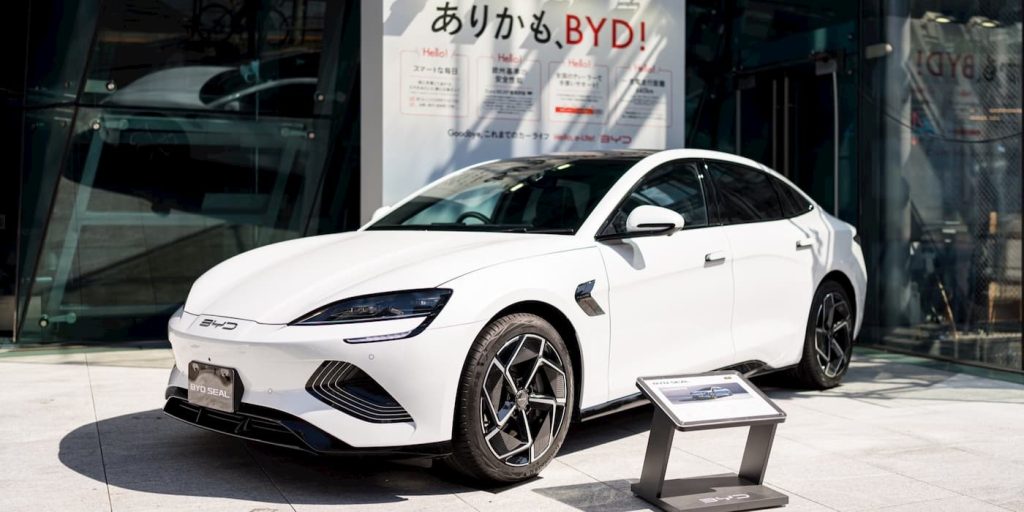
After launching its first EV, the Atto 3, in Japan final January, BYD has launched different top-selling fashions, together with the Dolphin and, most not too long ago, the Seal.
BYD launched the Seal EV in Japan in June, with beginning costs round $33,100 (¥5.28 million).
China’s BYD can launch low-cost EVs because it controls practically its total provide chain. BYD is the second largest EV battery maker globally, behind CATL.
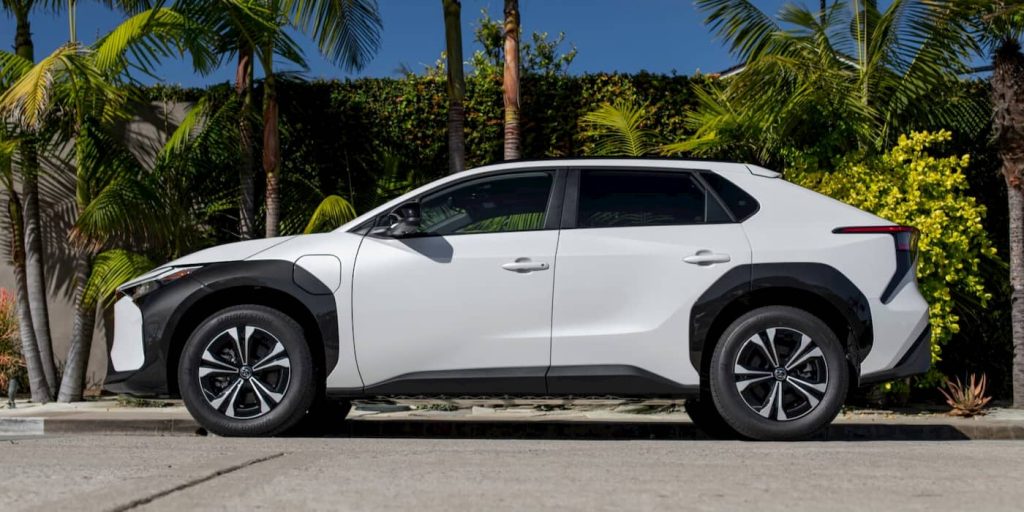
Toyota, Nissan to ramp up Japan’s EV battery output
As Japan appears to be like to safe an EV battery provide chain, home firms, together with Toyota and Nissan, are investing closely.
In response to Nikkei, Toyota and Nissan are amongst a number of Japanese firms that may make investments a complete of $7 billion (1 trillion yen) to spice up storage battery manufacturing by about 50%.
The funding would ramp up output to 120 GWh, up from 80 GWh. By 2030, the aim is to succeed in 150 GWh. Japan’s Ministry of Economic system, Commerce, and Trade will quickly announce as much as $2.44 billion (350 billion yen) to help the efforts.
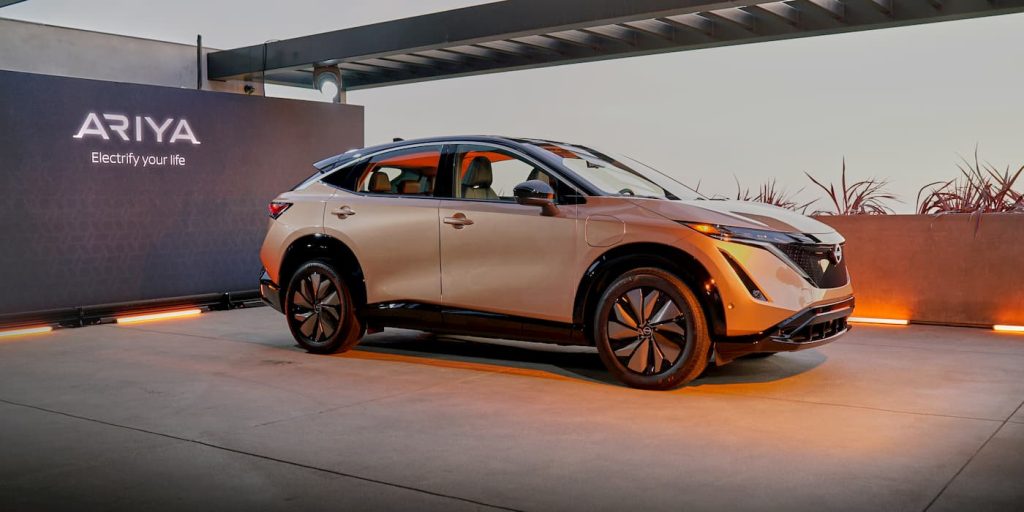
Because the report notes, with China and South Korea dominating the EV battery market, Japan goals to safe a secure provide.
Toyota is predicted to speculate round $1.7 billion (250 billion yen) with plans to ramp battery manufacturing at two subsidiaries. Toyota can also be opening a new EV battery plant to produce upcoming Lexus EVs, slated to open by 2029.
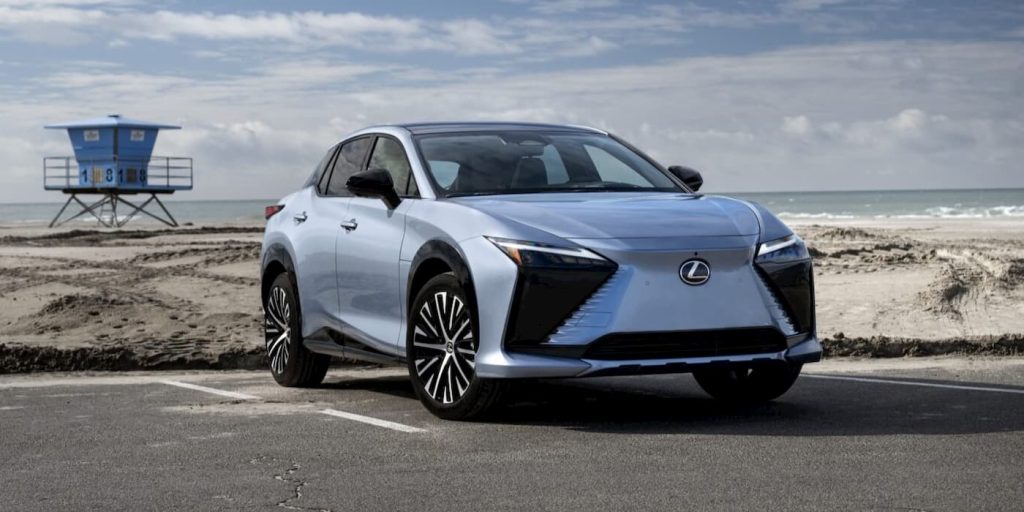
Nissan will make investments about $1 billion (150 billion yen) with plans to start LFP battery manufacturing in 2028.
Japan’s Panasonic will construct EV battery components for Subaru and Mazda because it groups up with them to spice up home manufacturing. It’s anticipated to speculate round $3.8 billion (550 billion yen).
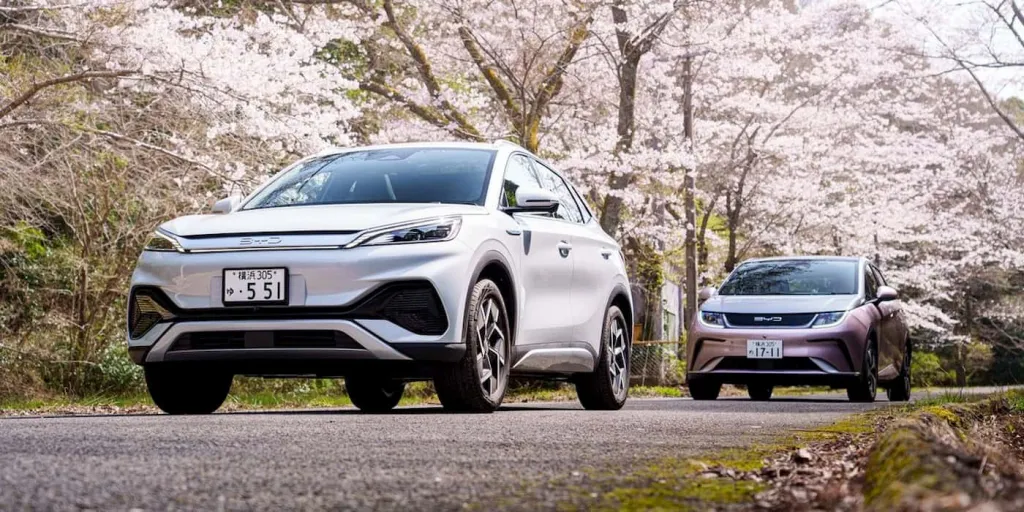
In response to new information from SNE Analysis, China remains to be dominating the worldwide EV battery market. CATL managed a commanding 37.6% market share via July 2024, whereas BYD took second with a 16.1% share.
South Korea’s LG Vitality Resolution and SK On positioned third and fourth, with 12.4% and 4.7% market share.
FTC: We use earnings incomes auto affiliate hyperlinks. Extra.


